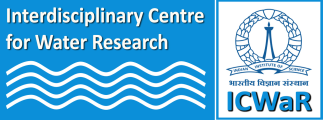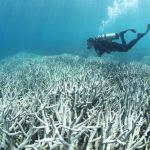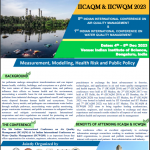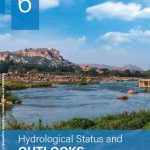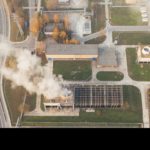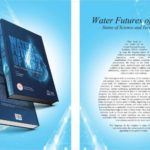How microbes melt glaciers and ice sheets?
Name of the Speaker: Prof. Alexandre Anesio
Title of the Seminar: How microbes melt glaciers and ice sheets?
Date and Time: 30 June 2022 (Thursday), 4:00pm
Online Platform: MS Teams (link to the video of the seminar)
About the Speaker: Alexandre Anesio is a Professor in Arctic Microbiology in the Department of Environmental Science at Aarhus University. His main research interest is on microbial and biogeochemical processes in glaciers and ice sheets. He is currently one of the PIs in a European Research Council Synergy grant to investigate how pigmented algae, growing directly on the snow and bare ice, through their photophysiology, have a crucial role in changing the reflectivity of the ice (i.e., albedo), and subsequently the melt rates of the ice. Anesio obtained his PhD degree at Lund University in Sweden in 2000, where he also worked as postdoc until 2003. Since then, he has worked at the University of Nottingham (2003-2004), Aberystwyth University (2004-2007) and University of Bristol (2007-2018), until moving to Denmark in 2018.
Abstract: Glaciers and ice sheets were long believed to be sterile environments, but just like other large ecosystems (e.g., tropical forests, tundra), they are now widely recognized as one of the Earth’s biomes, teeming with life. This biome is also the most under-investigated on the planet from a biological and biogeochemical perspective, representing a new and exciting frontier in science. Home to large, naturally occurring communities of mostly microbes, glaciers and ice sheets host metabolically active organisms, interacting with each other. These processes represent more than just a minor curiosity of life under extreme conditions. On glacier and ice sheet surfaces, microbes have been shown to alter physical and chemical characteristics of snow and ice with direct consequences for snow/ice solar-heating and amplified melt. During the summer ablation, the bare ice is largely dark, as it is colonized by pigmented ice algae. Biological growth of icebound algal cells can accumulate biomass high enough to cause albedo reduction between 12% and 21%, depending on the algal cell abundances. The impact of microbially-mediated albedo effect is predicted to increase further with climate change, since a warming climate will further extend melt seasons. Furthermore, microbial activity and carbon fixation on ice surfaces can result in export of labile dissolved organic matter to downstream ecosystems.
Date/Time
Date(s) - 30/06/2022
4:00 pm
